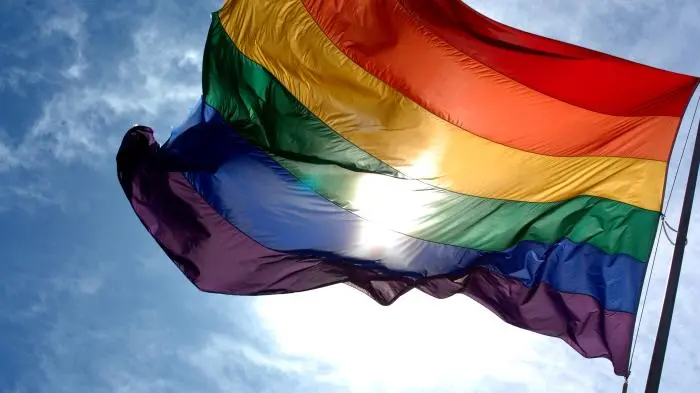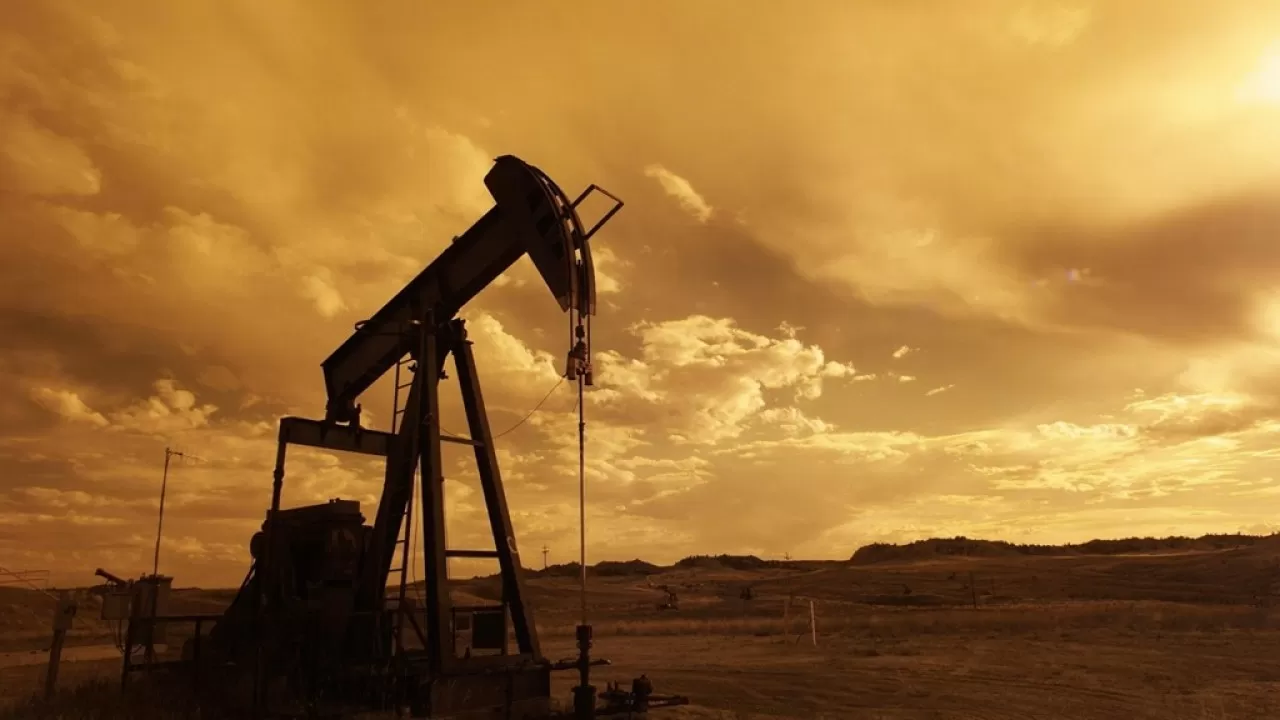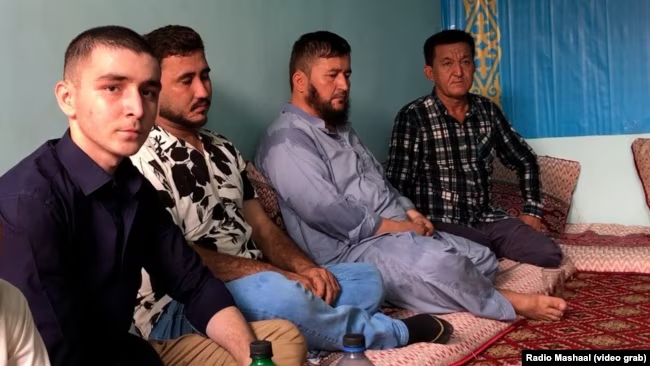Kazakhstan’s not famous as a staunch defender of political freedoms and human rights, and its chairmanship of the Organization for Security and Cooperation in Europe (OSCE) this year hasn’t been noted for its focus on democratic values.
Given Astana’s controversial record, that’s perhaps not surprising. Nevertheless, President Nursultan Nazarbayev is now lecturing other member states on their commitment to the core values of the OSCE and its predecessor, the CSCE, which include respecting democracy, media freedom and human rights.
“Unfortunately, today the principles and obligations set out in the CSCE/OSCE founding documents are ever more not being observed to the full," Nazarbayev lamented in an interview with Euronews (the text of which was carried by Kazakhstan’s state news agency Kazinform).
He knows what he’s talking about. For a start, Kazakhstan has never had an election judged free and fair by the OSCE’s observer missions. The last parliamentary election in 2007 saw Nazarbayev’s own party, Nur Otan, sweep up all elected seats in the lower house amid cries of foul play by the opposition, leading to a rubber-stamp one-party parliament that Nazarbayev described at the time as“a wonderful opportunity” to modernize Kazakhstan.
Nazarbayev himself won re-election with a staggering 91 percent of the vote in 2005.
Opposition leaders breathed a sigh of relief at the time, though, since constitutionally that was his last term in office – until the one-party parliament passed amendments lifting term limits for Nazarbayev personally (“the first president”) in 2007, leaving him free to stand in elections for the rest of his life. He’s already confirmed he’s standing in 2012, leaving observers wondering if the man once dubbed “Mr. 91 Percent” by journalist Sergey Duvanov will beat his own record.
Little wonder that Belarusian President Alyaksandr Lukashenka recently described Kazakhstan as“the light of democracy” when called upon to defend his own time in office – a mere 16 years compared to Nazarbayev’s two decades.
Kazakhstan’s OSCE chairmanship has also been marked by controversy over media freedoms, with the New York-based Committee to Protect Journalists (CPJ) warning in September that “by disregarding human rights and press freedom at home, Kazakhstan has compromised the organization’s international reputation as a guardian of these rights, undermined the OSCE’s relevance and effectiveness, and thus devalued human rights in all OSCE states.”
Nazarbayev didn’t mention any of this to Euronews, but he did talk up Kazakhstan’s role in mediating in neighboring Kyrgyzstan during political and ethnic violence this year. The OSCE continues to support Kyrgyzstan, he added, singling out “economic and humanitarian assistance, and also assuring the rule of law and preventing interethnic conflicts.”
His support is timely, as Human Rights Watch again urges the Kyrgyz authorities to investigate fresh violence against defendants at trials in southern Kyrgyzstan stemming from June’s ethnic violence.
But this raises another question: Exactly five months after ethnic violence broke out in Osh, just where are the 52 police officers the OSCE promised in July to send to Kyrgyzstan’s south?
www.eurasianet.org







